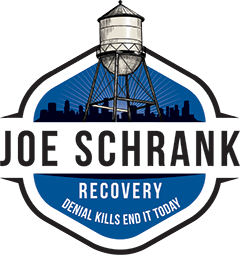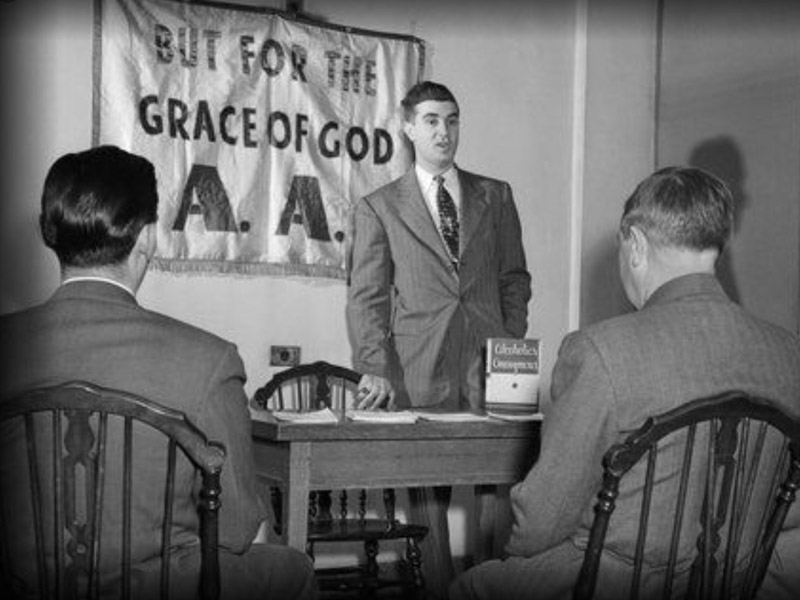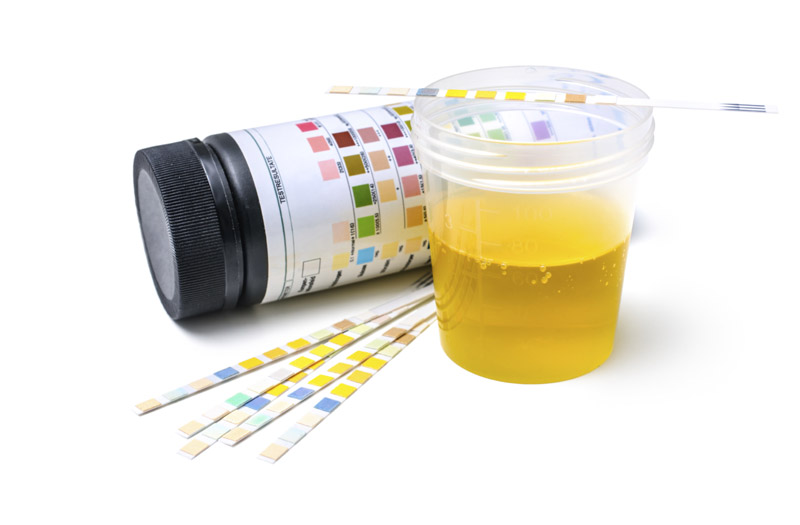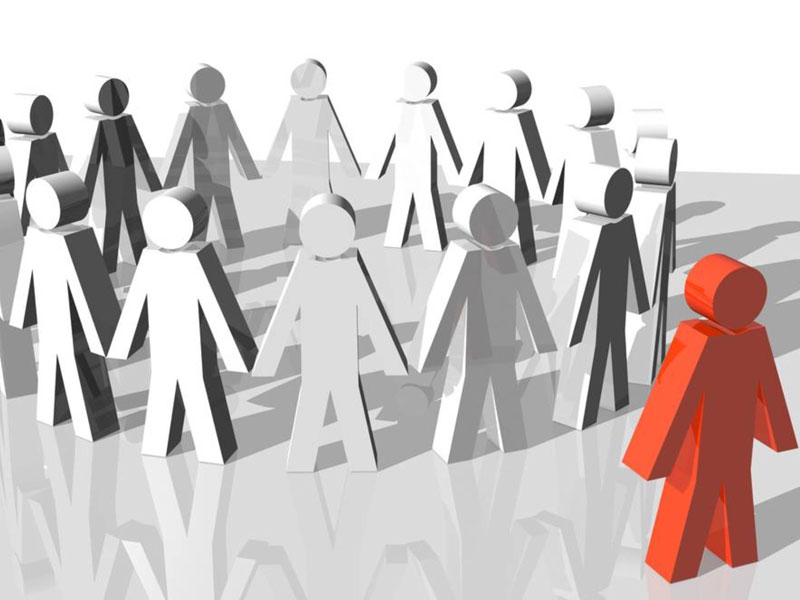
Few things kick the hornets nest like a discussion of medication assisted recovery. It’s a stake your claim issue that stirs the pot in the recovery universe like no other. On the purist side are those who say addiction is a spiritual problem and only a spiritual solution can be used to solve it. The other side argues that science has progressed to the point where medication can help people stay sober for longer when they are medicated properly. So who wins? Nobody really but we know who looses, those seeking recovery. The infighting creates an even deeper level of complexity when one is finding their way out of the woods.
12 step programs have a long history in American life. They are largely viewed as a sacred cow institution. Through their history, they have helped millions of individuals, families, and communities improve and rebuild broken lives. There is little question about the potential value of 12 step programs. The issue gets sticky when well meaning people tap into being zealots and evangelicals, closed off to the possibility of other roads to recovery. The issue is further complicated by the deeply held belief that the program itself is infallible. If it isn’t working, there is a flaw in the individual who is attempting to make it work. That doesn’t stand up to any research or science. While nobody really knows, the estimate of 12 step membership is said to be a few million but 20 million Americans report themselves as “in recovery” but little is known about the process they used to get to that destination. Still, many experience 12 step life as cultish, coercive, shame based and intolerable. The truth is, they get to have their own experience. Like evangelical Christians and tea party goers, the belief is “without Jesus, you’re looking at eternal damnation, science notwithstanding.” It sounds a lot like a very common message heard in NA/AA “join us or face jail, institution or death”.
At some point, man figured out how to cultivate intoxicants. Chaos has ensued for some ever since. America has a long history of dealing with the problem. The “Whiskey Rebellion” almost unraveled a new country when George Washington attempted to levy a tax on alcohol to pay down the war debt. It came to gunfire. Prohibition was a nightmare entanglement of violence and crime as well as classism that did little to curb the flow of alcohol. From our very origins the enticement to train farmers to use a musket to fight tyranny was “free beer”. So what has been tried? Prayer is a big one. A problem so deeply saturated in our bones only an act of providence will solve it. Americans love believing God will take care of us because we are always right. We have tried criminalization. So far we have filled prisons while the DEA themselves admits “no meaningful or measurable change in the availability of drugs or drug use on the streets of America”. The “health issue” rhetoric has always circulated in the discourse about drug use but words have seldom matched actions. There is no other health issue that is treated with prayer and incarceration.
Medication Assisted Recovery
Just a few years ago, if one was hopelessly late and stuck in traffic the options weren’t great. Worried people waiting or pull over and find a pay phone. Today, a simple voice activated text will do the trick. Think about dentistry and how much easier and more effective it is now compared to even a decade ago. Even a stripped down economy car has a camera that assists the driver in backing up. So why is addiction still treated with prayer and incarceration? The truth is, it doesn’t have to be. There are more and more medical advancements made that can help people move away from addiction and into recovery and one of the ways is medication. The trouble is the paradoxical need to understand, the solution for some to the drug problem, might be drugs. If not the solution a big leg up in the problem.
Medication assisted recovery is without a doubt a viable intervention for some people. It should be available without shame or hurdles. The idea of withholding all options to drug addled people because of an individually held belief is simply wrong. In my view, it’s malpractice. I have reached a point where the selection of treatment must include centers that will work with medication. Treatment centers “forbidding” medication are obsolete and ineffective. The spirituality argument is a falsehood. Scientific inquiry and discovery are God given gifts and don’t exclude spiritual practice or so say and live the Jesuits and I buy it. If we are on one side of a river and need to get to the other, absolutely pray…but row like hell.
If we truly believe that addiction is a health problem then medication must be considered by the individual seeking help and work out the best plan with their doctor. Medication may or may not be the right path for you but if you have diabetes, another chronic health issue, you wouldn’t just consider prayer or a 12 step program, though peer support may help. Like all chronic health issues, addiction requires change. Change in lifestyle, peers, sleep, diet, and yes, medication. Not examining the possibility of the need for and benefits of medication is wrong. Addiction is complex, tricky, and needs every possible advantage to stabilize the wound. Parents who refuse medication for prayer when they have a sick child are arrested. Don’t make that mistake.
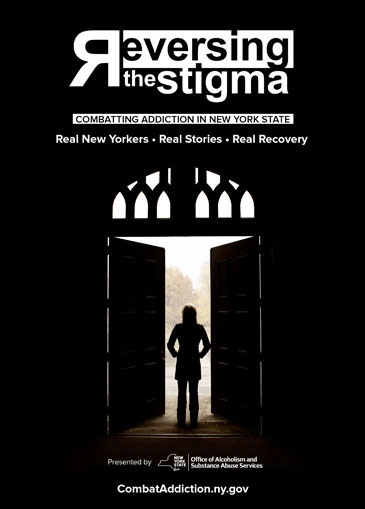 There are many hurdles to accessing help. With more than 23 million people in need of treatment and less than 2 million receiving any level of care, there is something in the way. There are many theories out there about why this is. Of all the hurdles, to negotiate, there is likely none higher than shame. Consistently, people cite stigma as a major reason that prevented them from reaching out for help. In the midst of a fever pitch crisis, losing 160 people a day to overdose, there is a moral imperative to remove the shame and stigma.
There are many hurdles to accessing help. With more than 23 million people in need of treatment and less than 2 million receiving any level of care, there is something in the way. There are many theories out there about why this is. Of all the hurdles, to negotiate, there is likely none higher than shame. Consistently, people cite stigma as a major reason that prevented them from reaching out for help. In the midst of a fever pitch crisis, losing 160 people a day to overdose, there is a moral imperative to remove the shame and stigma.